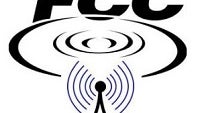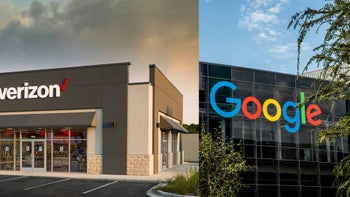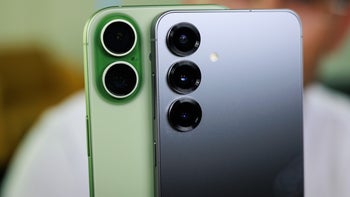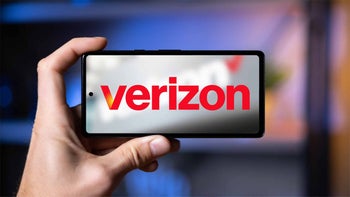Opening bids for 600MHz spectrum auction have been set by FCC – carriers will need lots of money

Now that the dust is settling from the highly active AWS-3 spectrum auction, the FCC has its work cut out for it as it prepares for an even bigger, and far more complex spectrum auction to be held in 2016.
There are several reasons why the 600MHz auction is so much bigger of a deal. First, this is spectrum that is still being used by other private broadcasters, mostly TV stations. So the FCC needs to ensure the stations perceive enough of a real incentive to put their licenses up for sale and move to another channel.
600MHz is seen as the crème-de-la-crème because of long distance, and deeper building penetration properties the lower frequency bands can deliver. Naturally, that makes this spectrum attractive to wireless providers, but it is those properties that have a lot of TV stations pensive about giving up the airwaves they carry their television broadcasts on.
On top of the challenge to get as many TV broadcasters to take part, portions of this auction is also designed as a “reverse auction,” where the government will propose prices in a given market for a given station. If too many stations accept that price, then the government will lower the price until a minimum number of stations remain on board.
For the open bidding portion of the auction, the proposed prices have been revealed by the FCC, and the prices are far higher than many thought. For example, Portland, Oregon was thought to have an initial open price of $18 million, now that median is $170 million. Nashville, Tennessee jumped from $20 million to $220 million. Los Angeles, California is $560 million instead of $340 million. Chicago is $520 million, up from $120 million. New York City is a whopping $660 million.
The prices are meant to add incentive for the TV stations to participate in the auctions. These prices do not guarantee that is what the participating bidders will pay, in all likelihood they will pay more, conceivably some markets could get less than the opening bid. However, the money shelled out during the AWS-3 auction indicates that the carriers are willing to invest heavily in spectrum to offer the broadest possible coverage and service reliability as consumer demands continue to grow.
sources: The Wall Street Journal via Phonescoop
On top of the challenge to get as many TV broadcasters to take part, portions of this auction is also designed as a “reverse auction,” where the government will propose prices in a given market for a given station. If too many stations accept that price, then the government will lower the price until a minimum number of stations remain on board.
The prices are meant to add incentive for the TV stations to participate in the auctions. These prices do not guarantee that is what the participating bidders will pay, in all likelihood they will pay more, conceivably some markets could get less than the opening bid. However, the money shelled out during the AWS-3 auction indicates that the carriers are willing to invest heavily in spectrum to offer the broadest possible coverage and service reliability as consumer demands continue to grow.
Finally, another complicating factor that the FCC has to manage for this auction are the rules it added last year after relentless lobbying by T-Mobile and the Competitive Carriers Association to limit purchases of spectrum by entities (AT&T and Verizon) that already have significant low-band (below 1,000MHZ) spectrum holdings in any given market. T-Mobile in particular is hammering the regulators to make the rules even stricter, but no revisions have been made.
sources: The Wall Street Journal via Phonescoop
Follow us on Google News














Things that are NOT allowed:
To help keep our community safe and free from spam, we apply temporary limits to newly created accounts: